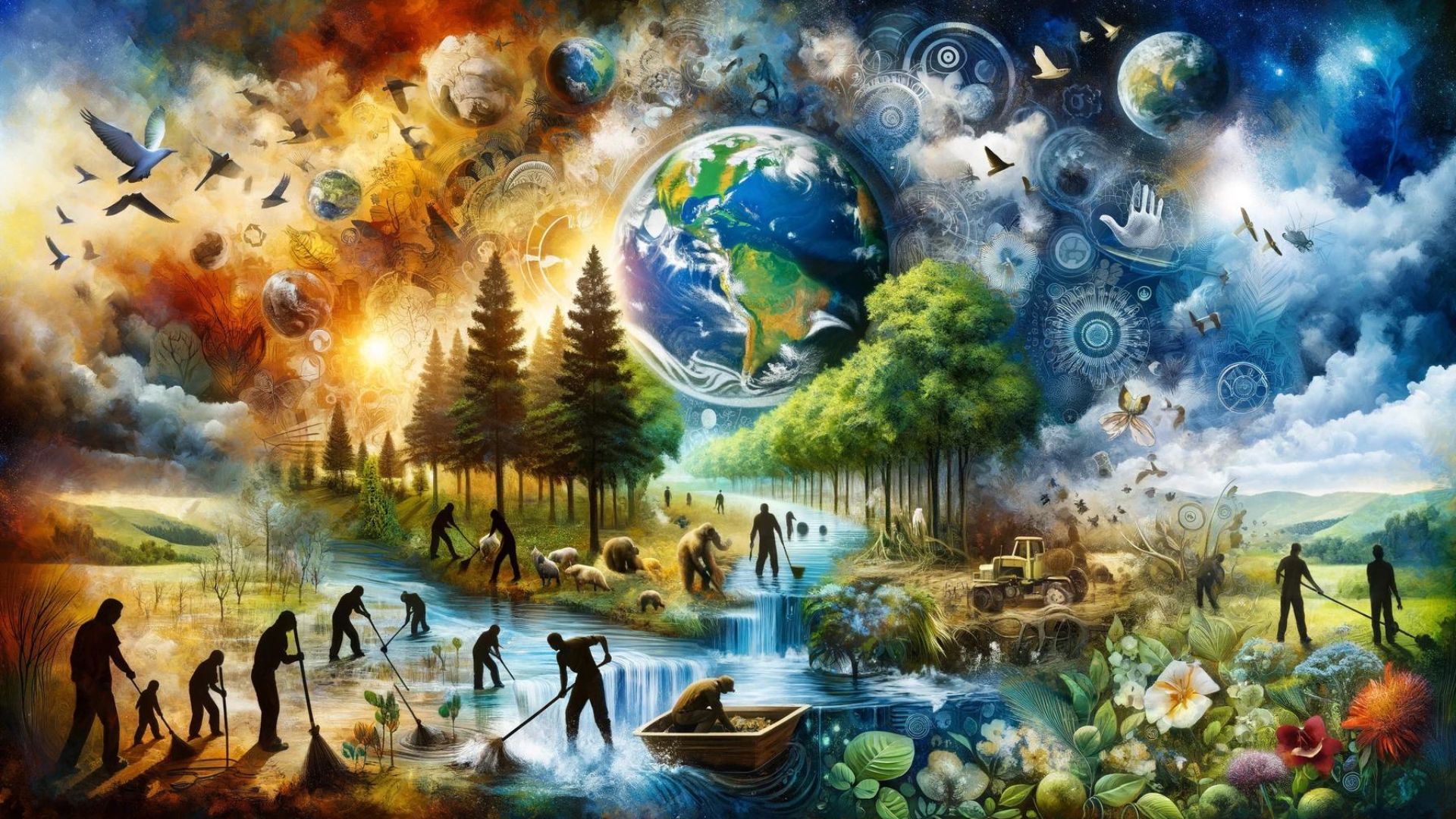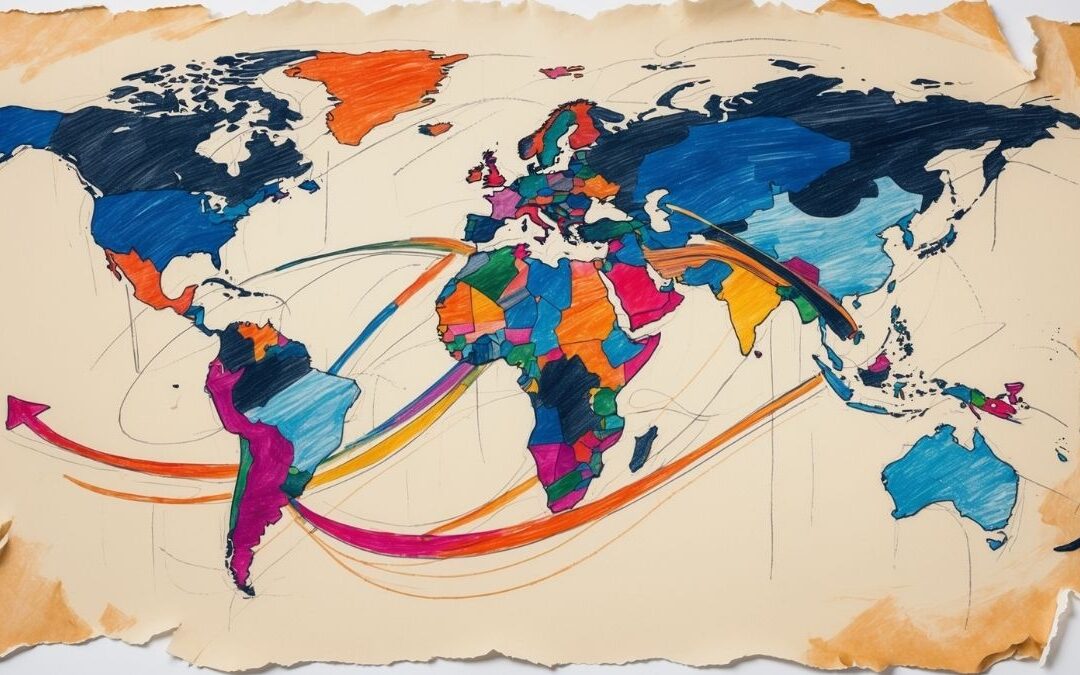As climate change intensifies, pollution chokes our ecosystems, and countless species teeter on the brink of extinction, the question of environmental responsibility becomes impossible to ignore. Do humans have a moral obligation to protect the planet that sustains us, or are we free to exploit its resources with no regard for the consequences?
The Argument for Responsibility
Many believe we hold a deep, intrinsic responsibility for the well-being of the Earth. We are not separate from nature but an integral part of it. The air we breathe, the water we drink, and the food we eat all depend on a healthy, functioning planet. By damaging ecosystems, we harm ourselves.
There’s also the ethical consideration. Do we have the right to destroy habitats, drive species extinct, and leave a degraded world for future generations? Many argue that we have a duty as stewards of the Earth, responsible for passing down a livable planet to those who come after us.
Practical self-interest also supports environmental action. Climate change, caused by human activity, leads to devastating storms, floods, droughts, and rising sea levels – all of which will profoundly disrupt human society. Protecting the environment is not simply an altruistic act; it’s a means to ensure our own long-term survival.
The Argument for Economic Progress
On the other side, some argue that strict environmental regulations stifle economic growth and innovation. They believe our ingenuity will find solutions to any problems we create, and that prioritizing human well-being and prosperity must remain our primary focus.
Others view nature as a resource meant to be exploited. They believe human dominance over the planet is our right and that our primary concern should be meeting our current needs, not those of hypothetical future generations.
Finding Balance
The truth, as always, likely lies somewhere in between these extremes. It’s undeniable that human actions are dramatically altering the planet, often with harmful consequences. The challenge lies in finding a balance between utilizing natural resources responsibly and preserving healthy ecosystems for ourselves and the countless other species that inhabit our world.
Innovation plays a crucial role. Transitioning to renewable energy sources, developing sustainable practices for agriculture and industry, and finding ways to reduce waste are essential to minimizing our impact.
The Responsibility of the Individual
While governments and corporations certainly bear a heavy responsibility, individual actions matter too. Choosing eco-friendly products, reducing our reliance on fossil fuels, and practicing mindful consumption can make a collective impact.
The question of environmental responsibility is not simply scientific; it’s philosophical. It compels us to examine our relationship with the natural world and answer a crucial question: What kind of legacy do we want to leave for the generations that follow?
Let me know if you’d like to explore practical solutions or delve into specific areas like corporate responsibility – there’s a lot to unpack with this topic!










0 Comments